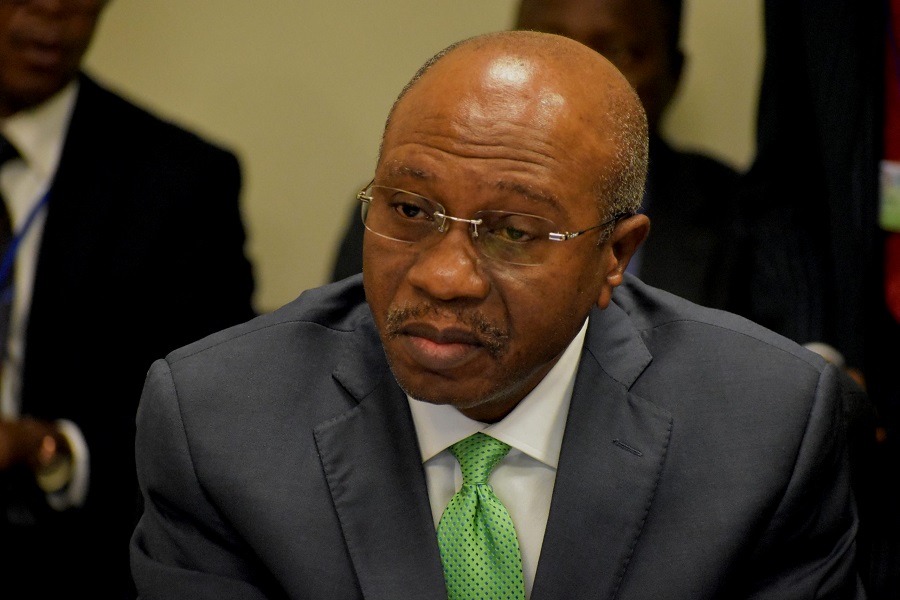Higher transport cost looms as CBN plans to charge tolls on more Nigerian roads

Central Bank of Nigeria has stated that most of the roads constructed in the country will be tolled to repay the loans that were used to build them.
This was disclosed by the CBN Governor, Godwin Emefiele while answering questions after the two-day retreat of the Bankers’ Committee in Lagos, according to Punch.
The introduction of the tolls may be a viable way to increase revenue for the governments and help repay CBN loans, according to Emefiele, but Nigerians who pay to utilize these toll roads, on the other hand, will have to bear higher transportation costs.
What the CBN Governor is saying
The Governor of the Central Bank remarked that most other countries’ roads are tolled and Nigeria wouldn’t be left out. He said, “Most of those roads will be tolled and we know that in many other countries in the world, roads are tolled because those projects are commercially viable.”
The government can be refunded with tolls, according to the apex bank governor, so that maintenance can be done regularly for the people to enjoy good roads. He said, “They can be refunded with tolls so that maintenance can be done regularly, and people will pay for it and enjoy good roads, and enjoy good facilities because that is the only way we can fund the infrastructure of this country, which is the large amount of money that is needed.”
According to Emefiele, there are a lot of idle funds in the financial system that can be channelled if packaged the way the Infrastructure Corporation of Nigeria Limited has been set up to give local investors confidence in putting their money into the project.
Emefiele stated that the banking industry aimed to assist the government and business sector in raising funds without putting the Federal Government’s balance sheet at risk. He explained that the majority of the cash would be in naira since banks and pension fund administrators have enormous pools of funds and that the majority of the funds can be generated domestically before the country considers seeking international financing.
The introduction of tolls on the roads will most certainly increase transport costs in a country where, according to the 2020 World Poverty Clock report, 105 million people live in extreme poverty.
Most Nigerians commute via public transportations and it is expected that the transport vehicle owners will hike fares if they have to pay tolls for the roads they use, in addition to various levies and taxes they pay daily to the government and transport unions.
